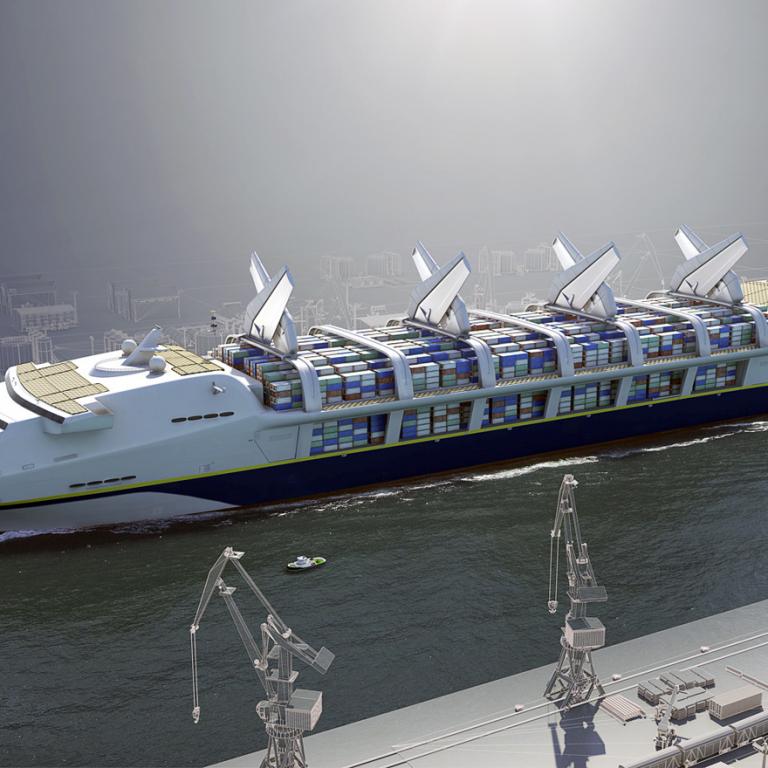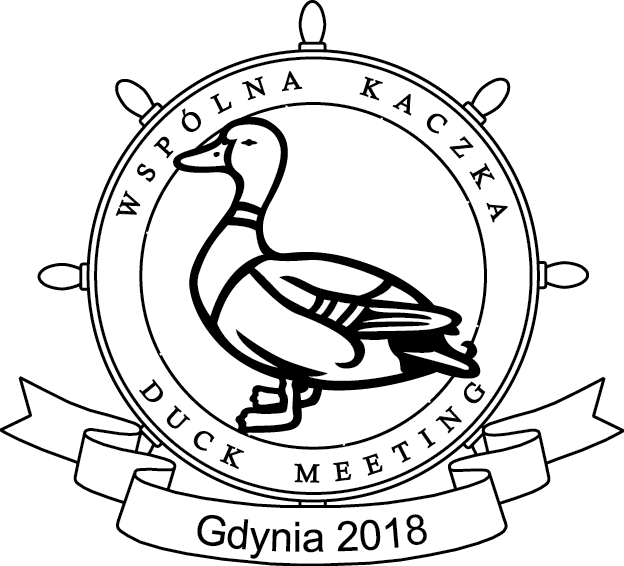
2018-06-18
No way forward without humans
According to the projections of certain analysts, in the next 50 years container services will be carried out by autonomous ships with a capacity of 50,000 TEU and modular floating containers reminiscent of drones that will be able to cross the ocean. Their supply chain will be managed digitally with a declining involvement of intermediaries. Container turnover is also projected to increase two to five-fold. New technologies are also expected to appear on the market, such as hyperloop, i.e. container pipelines, albeit in this case they will function on land.
“Where the construction of new infrastructure such as the said container pipelines is concerned, first it is necessary to solve technical problems and then find a source of financing for such project. At this stage that concept should be treated more as a vision that will most likely not be realised in the upcoming years,” believes professor Wojciech Paprocki, Head of the Transport Enterprise Economics Unit of the Department of Transport at SGH Warsaw School of Economics.
Nevertheless, in the case of new, unmanned means of transport, distinction needs to be drawn between two things: remote control and autonomous (fully automated) movement. As it is well known, each unmanned drone used for military purposes has its own pilot on land responsible for controlling its movements. However, it needs to be remembered that when a drone is controlled over a longer distance, its response time at high speeds to the commands of its pilot located 2,000-3,000 km away is 1-2 seconds. An extreme example of the above is communication with Mars. When establishing a connection with Earth, at light speed, radio signal between these planets needs 20 minutes to reach its target. In such case, it is easy to realize that online control over a long distance is impossible. It is rather quasi online considering all of its consequences. Therefore, there is an issue with remotely-controlled means of transport. Norway is in the process of designing a container ship that will sail along the coast and will be controlled from land. It is a realistic venture as the ship will not be ocean-bound, but rather will cruise near fjords not far from the shoreline, which means that it will remain under the control of the operator located on land.
“I believe that in the next 10-15 years we will not have autonomous means of transport authorised to operate in the open space together with other users,” Professor Paprocki says.
One of the panels at the Maritime Economy Forum Gdynia 2018 will be dedicated to logistics.
Article developed in cooperation with "Namiary na Morze i Handel" magazine.
Phot. source: Namiary na Morze i Handel magazine.


